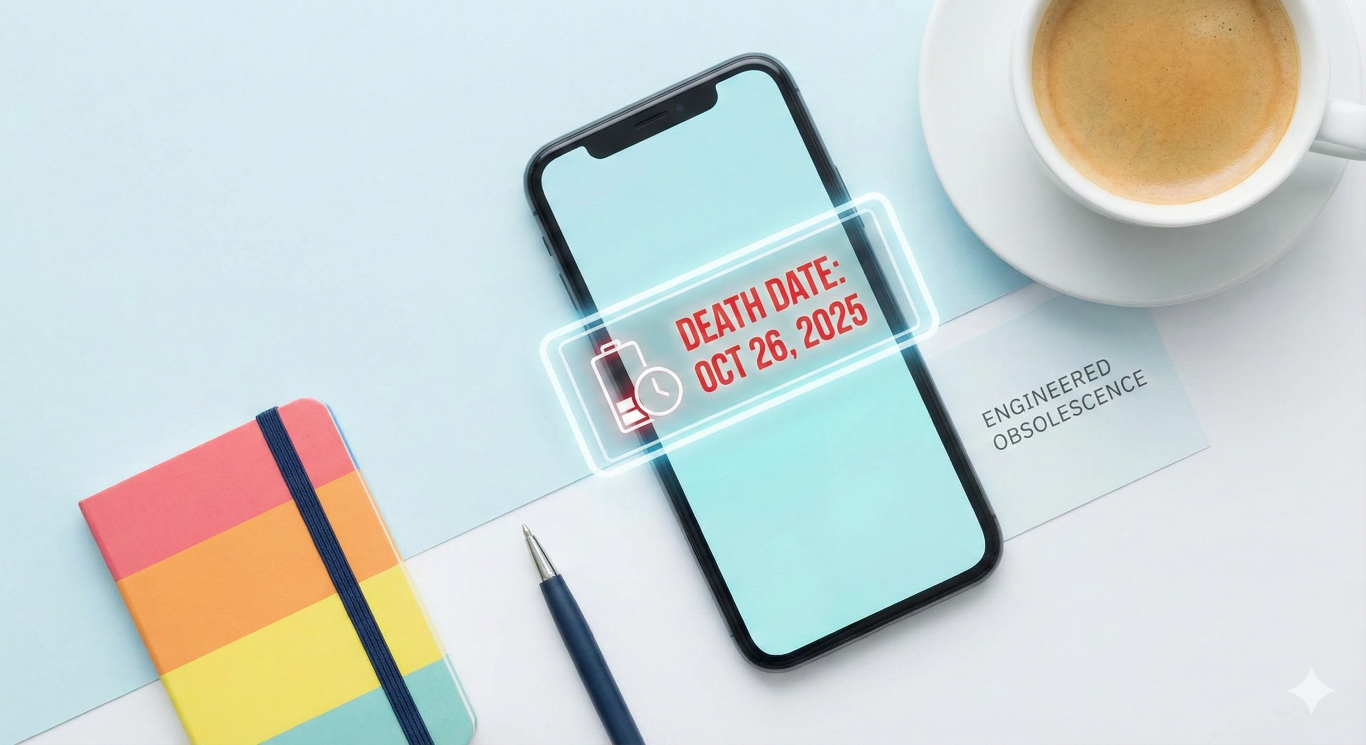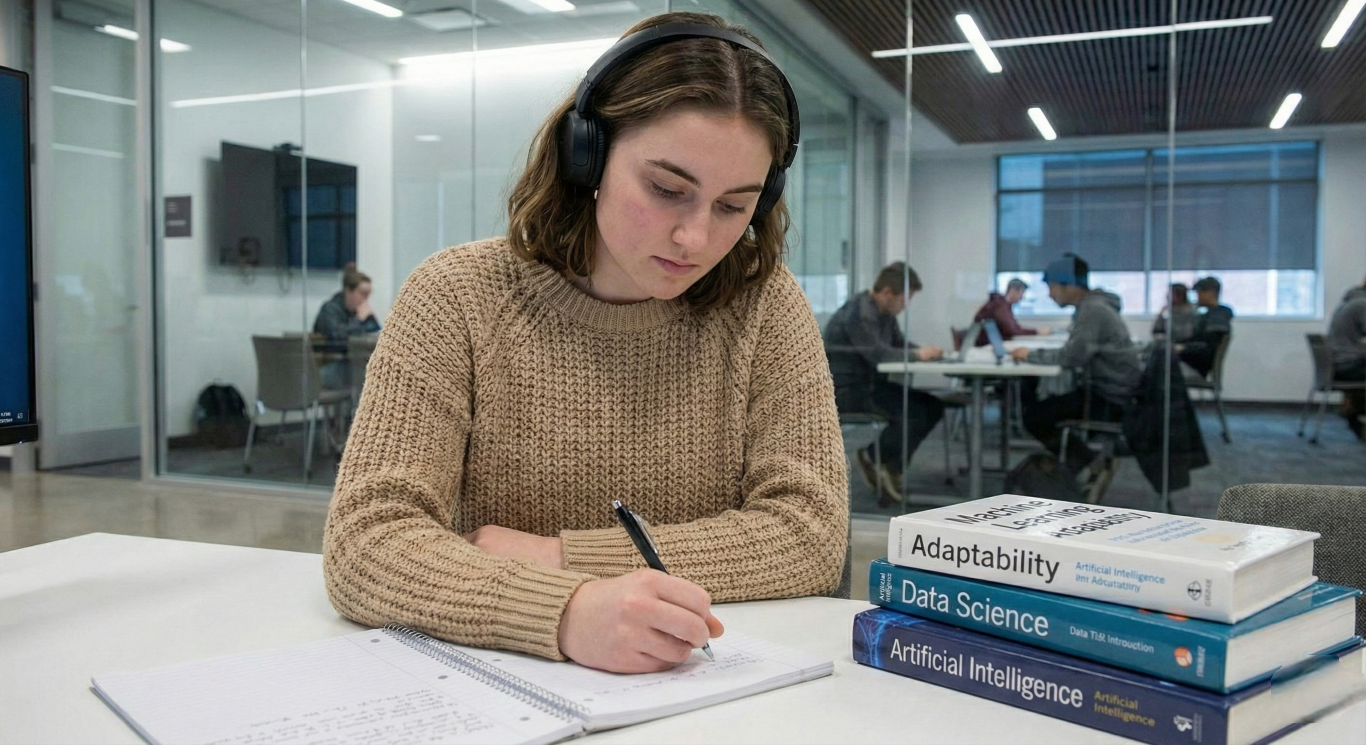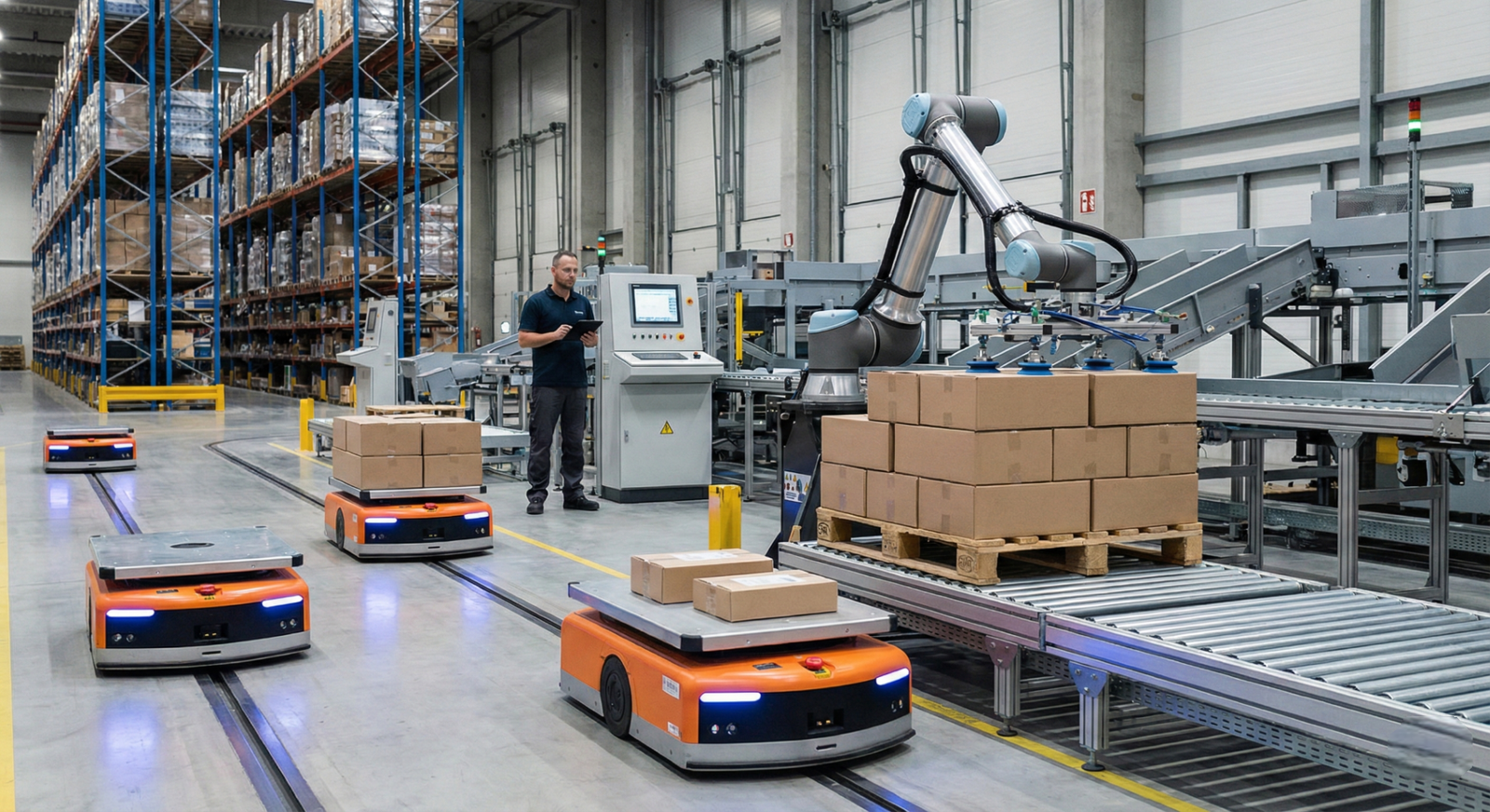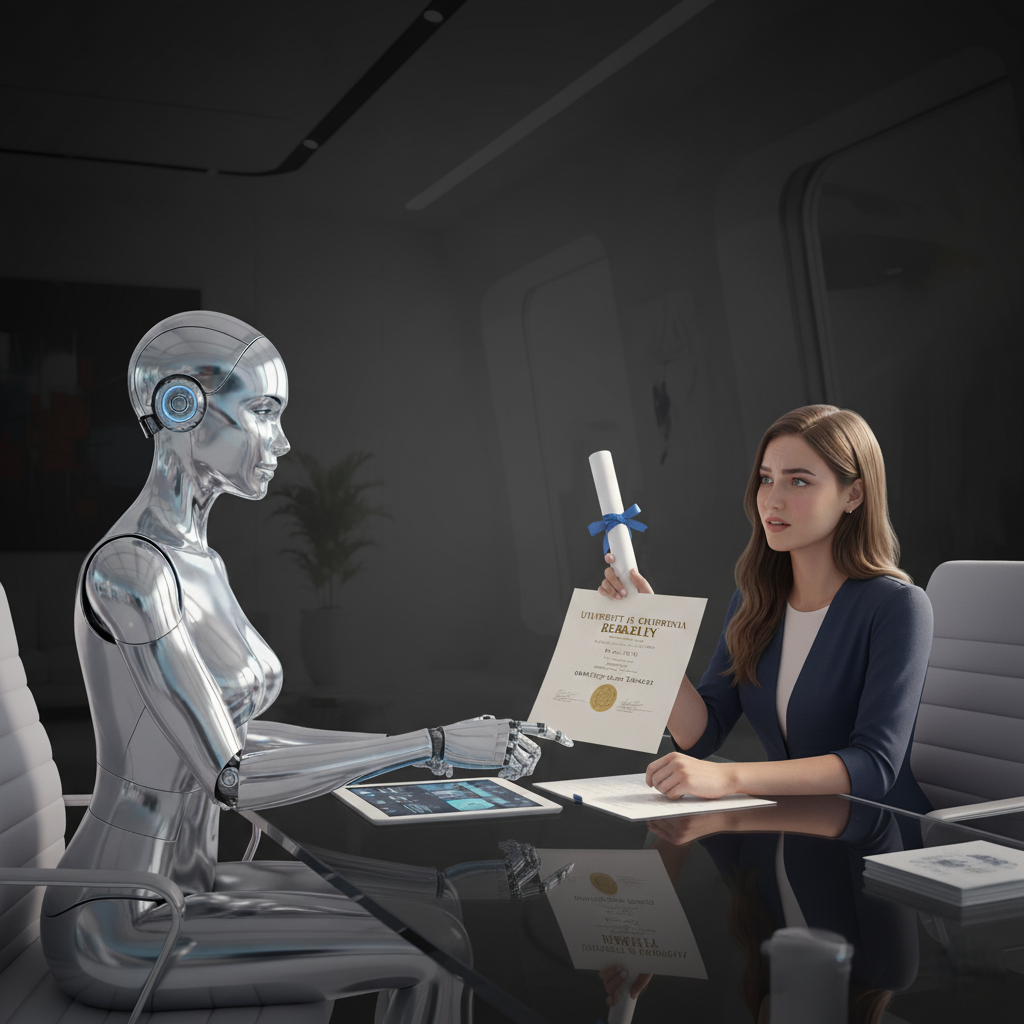Artificial intelligence, known as AI, is changing the world. It is also changing how people work. Bill Gates, a well-known businessman, recently shared his views on AI’s impact. He suggested that AI could replace doctors and teachers within the next 10 years.
Gates spoke about this on The Tonight Show Starring Jimmy Fallon. He said that great intelligence, like that of a great doctor or great teacher, is rare now. With AI, this intelligence could become “free” and “commonplace” over the next decade. This shift is “profound” because it helps solve problems, such as not having enough doctors or mental health professionals.
He also said that with AI, humans might not be needed for “most things”. This includes tasks like making things, moving things, and growing food. Gates noted the speed of this change feels “a little scary”. Gates remains optimistic about AI’s potential for health and climate. However, some sources suggest the headlines about his comments might have been sensationalized. They suggest he meant the expertise of great doctors and teachers would be more widely available, not that the human professionals would be entirely gone.
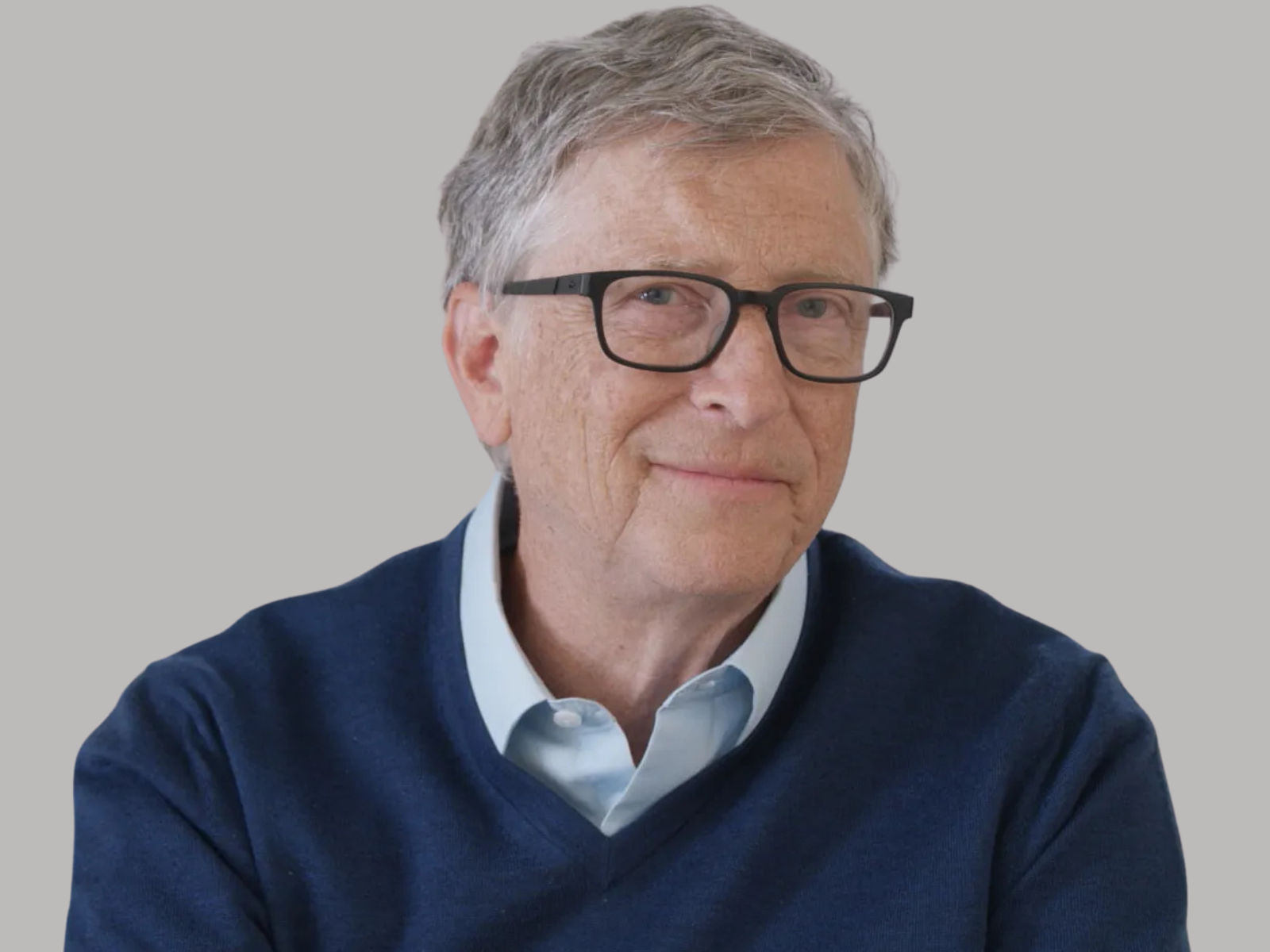
Key Takeaways
- Bill Gates suggests AI could become as intelligent as doctors and teachers within a decade, making their expertise more accessible.
- While technology is reshaping the job market, the focus is increasingly on human-machine collaboration (augmentation) rather than complete automation.
- AI offers significant support in healthcare for diagnosis, treatment, and efficiency, but faces challenges like the need for human touch and ethical considerations.
- In education, AI tools can enhance learning, but the unique personal support and mentorship provided by human teachers are irreplaceable.
Technology’s Impact on Jobs
Technology is the biggest force changing the job market. This is according to the World Economic Forum’s Future of Jobs Report 2025. AI and information processing will speed up digital access. This is expected to create 19 million jobs but also displace 9 million jobs over five years.
The way humans and machines work together is also changing. Right now, humans do about 47% of work tasks, while technology does 22%, and combined efforts do 30%. By 2030, tasks could be split almost equally between humans, machines, and combined efforts.
Augmentation, Not Just Automation
Human-machine collaboration, also called augmentation, is important for future jobs. This means technology will work with and improve human skills, not just replace them. Most industries will likely see humans doing fewer tasks alone by 2030. The mix of how much work is automated versus augmented will differ by industry.
Technology is increasing the need for certain skills. Technological skills are expected to be more important than other skills in the next five years. Skills in AI and big data are growing fastest. Networking and cybersecurity skills are also important. Skills like creative thinking, resilience, flexibility, agility, curiosity, and lifelong learning are gaining prominence. Employers should integrate these skill sets into training.
Generative AI (GenAI) has been adopted quickly. It makes it easier to use AI because it lowers the technical skills needed. GenAI skills are now in demand. This technology could help people do more complex tasks, enhancing human capabilities rather than replacing them (augmentation).
Many employers plan to train their workers to help them collaborate with AI systems. This is a top strategy globally. Employers also want to integrate new technologies to complement their workforce. A major challenge for businesses is the gap in skills needed for digital transformation. This problem is growing across many economies and job sectors.
AI in Healthcare: Opportunities and Challenges
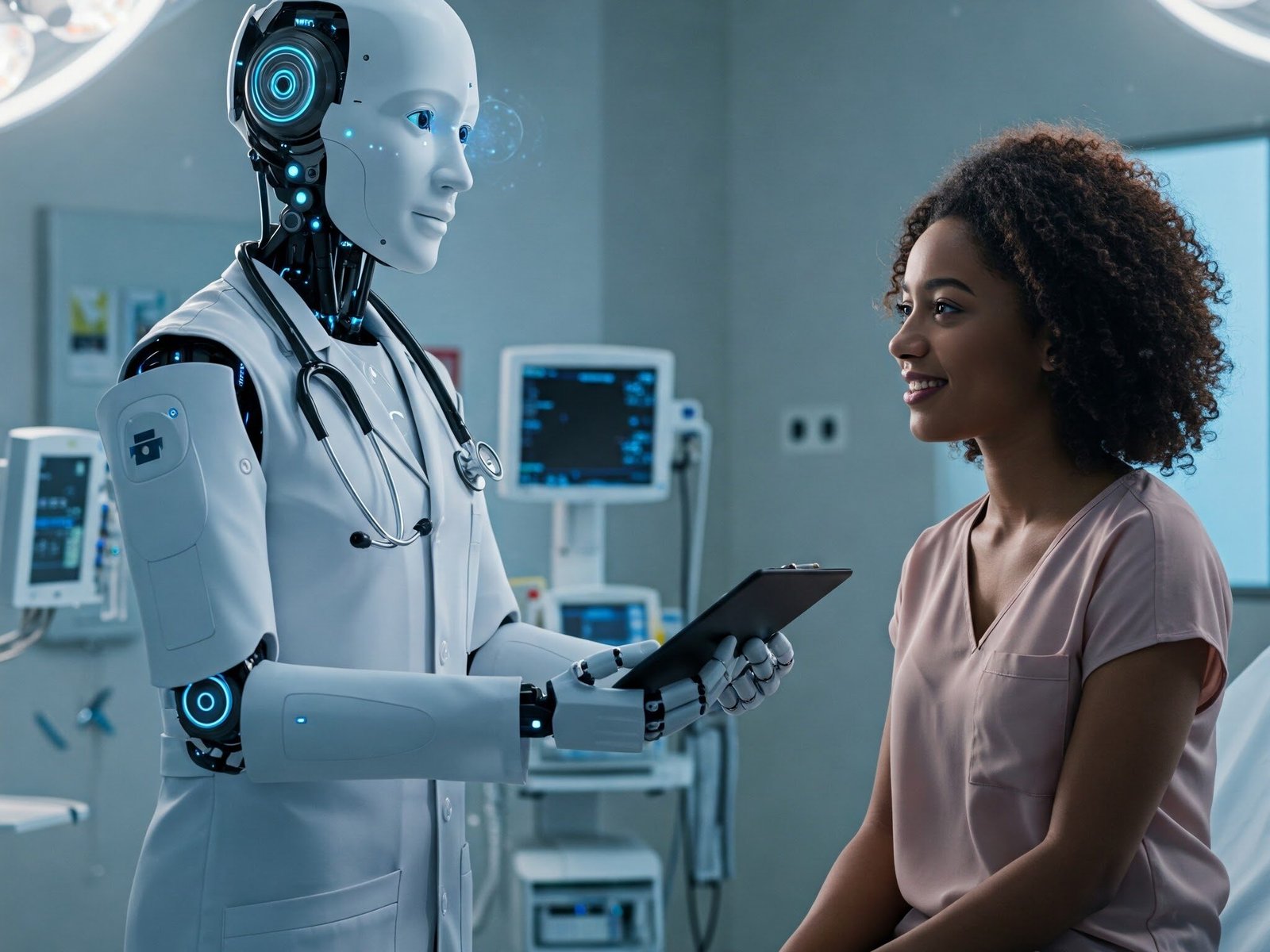
AI is being used more in healthcare to help doctors. It aims to make things more efficient and improve patient care. Over 700 AI tools have been approved by the Food and Drug Administration (FDA) of the United States of America to support doctors.
AI can help doctors in several ways:
- Finding Illnesses: AI is good at finding patterns in medical images like X-rays and scans. It can help doctors by offering another opinion and finding subtle problems humans might miss. Some research suggests AI can be better than human radiologists for specific tasks, like detecting lung cancer in scans.
- Helping with Treatment Decisions: AI can quickly look through lots of medical information. It can suggest diagnoses and treatment plans based on research.
- Making Office Work Easier: AI can handle tasks like scheduling, allowing doctors more time for patients.
- Remote Care: AI platforms help doctors provide care from a distance. AI can analyse data to predict health problems.
- Tailored Care: AI can look at a patient’s unique information, like their genes and lifestyle. This helps doctors create treatment plans just for them.
Many experts see AI as a tool for doctors. Doctors who use AI effectively may have an advantage.
However, AI in healthcare also has many challenges and risks.
- Lack of Human Touch: AI does not have the judgment doctors gain from years of experience. It cannot truly understand how patients feel or handle the human side of care. Doctors face situations needing quick physical action that AI cannot do. AI might struggle with complex medical choices that need context and history.
- Patient Trust: AI might hurt the relationship between doctors and patients, which is built on trust. Patients often prefer human doctors.
- Keeping Data Private: AI needs huge amounts of data, which brings worries about keeping sensitive health information safe. Getting patient permission to use their data is a big issue. Data breaches are a risk.
- Risk of Wrong Diagnosis: AI is not perfect and could make mistakes. Relying too much on it is risky. AI can have trouble with inaccurate data or complex symptoms. Algorithms can suffer from overfitting or data leakage, leading to inaccurate predictions on new data.
- Job Loss and Skills Decline: Replacing doctors with AI could lead to job losses. It could also mean human doctors lose some of their clinical skills.
- Ethics and Blame: If AI makes a mistake that harms a patient, it is not clear who is responsible. There are no clear rules for using AI ethically in healthcare. Bias in AI from using unbalanced data is also a worry. Accountability, fairness, and transparency are key ethical concerns.
Many medical professionals doubt AI can fully replace them soon. They think AI is more of a tool to help them. Some worry that the push for AI in healthcare is mainly about making money or cutting costs. Physical tasks in medicine are seen as particularly difficult for current AI and robotics. Liability concerns also make replacement difficult.
AI in Education: Helping, Not Replacing
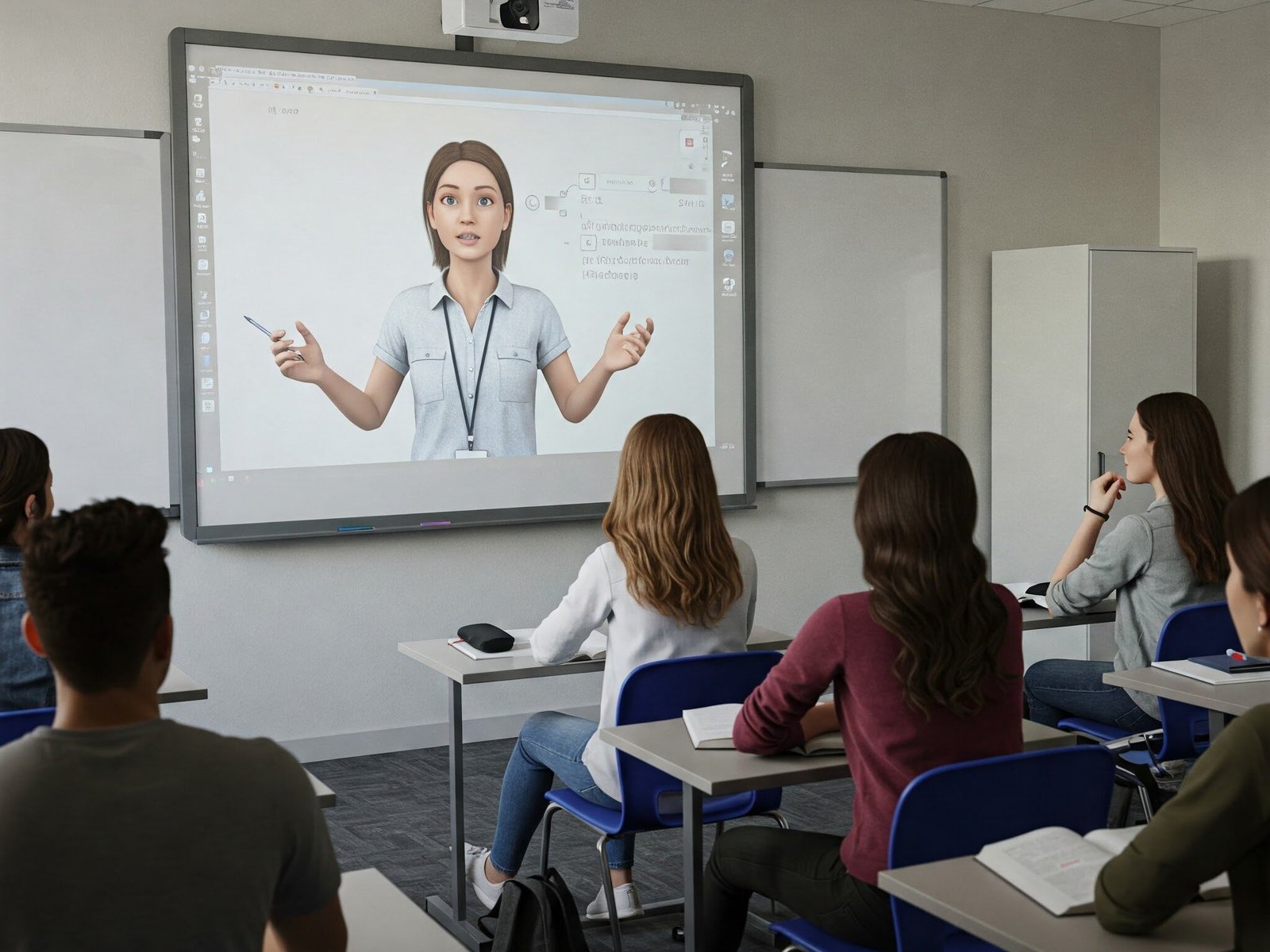
AI is also being used in education. Tools like adaptive learning and instant feedback are available. Virtual tutors can help students outside of school hours. These tools can supplement traditional teaching methods.
But human tutors and teachers offer things AI cannot.
- Personal Help and Support: Human tutors give emotional support and motivation. They understand a student’s feelings and needs. They build rapport. AI lacks this emotional understanding.
- Being Flexible: Human tutors can change their teaching based on what a student needs right then. They can notice subtle signs of confusion or lack of confidence and adjust their approach. AI adapts based on algorithms, not nuanced human cues.
- Building Confidence: Tutors encourage students who are struggling. They provide reassurance and support. This personal encouragement affects how students feel and do in school. AI cannot replicate this effectively.
- Teaching Understanding: Tutors focus on students understanding how to solve problems. This helps students learn for the long term. It empowers students to apply knowledge independently.
- Being a Mentor: Tutors often guide students beyond just schoolwork. AI cannot create this real connection or provide mentorship. It lacks the capacity for genuine empathy and inspiration.
AI tools help education, but the personal help, emotional support, and mentorship from human tutors cannot be replaced. The best results come from using technology together with human expertise. AI should complement human tutors, not take their place.
Looking Ahead: AI as a Tool
The idea of AI replacing jobs like doctors and teachers is part of a bigger discussion. Some think if doctors are replaced, many other skilled jobs will be gone too.
Many people believe that replacing complex roles like doctors and teachers completely is far off, if it happens at all. They see AI as a tool to make human work better. The fast speed of AI development is significant. But issues like biased data, ethical questions, and the need for strong testing and integration still need fixing for AI to be widely used in important areas like healthcare. Many feel the focus should be on using AI to solve big problems or improve systems, instead of replacing essential human jobs. Some suggest replacing administrative roles might be more feasible for AI in the near term. The future seems to be one where AI works alongside human professionals, enhancing their abilities rather than fully replacing them.
Frequently Asked Questions (FAQ)
What exactly did Bill Gates say about AI replacing doctors and teachers?
Bill Gates proposed that AI might match the intelligence of top doctors and teachers in the next 10 years, making their skills more accessible and common. However, some views suggest he meant that AI would help share their expertise rather than completely replace them.
How is AI currently being used in healthcare?
AI is used in healthcare to: analyze medical images for diagnoses, help with treatment decisions, make administrative tasks easier, support remote patient monitoring, and provide personalized medicine.
What are the benefits of using AI in education?
AI in education can create tailored learning experiences, give students quick feedback, and offer virtual tutoring help, which could enhance learning results and access to educational resources.
What are the main concerns about AI taking over jobs like doctors and teachers?
Concerns include a lack of personal touch and empathy, potential loss of patient trust, threats to data privacy and security, possible errors and misdiagnosis, job loss, decline in skills among human professionals, and complex ethical issues. In education, concerns focus on the unique value of personal support, adaptability, and mentorship.
Articles referenced:
AI and the Future of Work: Insights from the World Economic Forum’s Future of Jobs Report 2025
Drawbacks of Artificial Intelligence and Their Potential Solutions in the Healthcare Sector – PMC
Will AI Replace Doctors? The Potential, Risks & Challenges of AI for Doctors
Will AI Replace Tutors? – Indonesia Expat
Bill Gates Joked with Steve Jobs About Taking the Wrong LSD, Talks AI and Optimism for the Future


